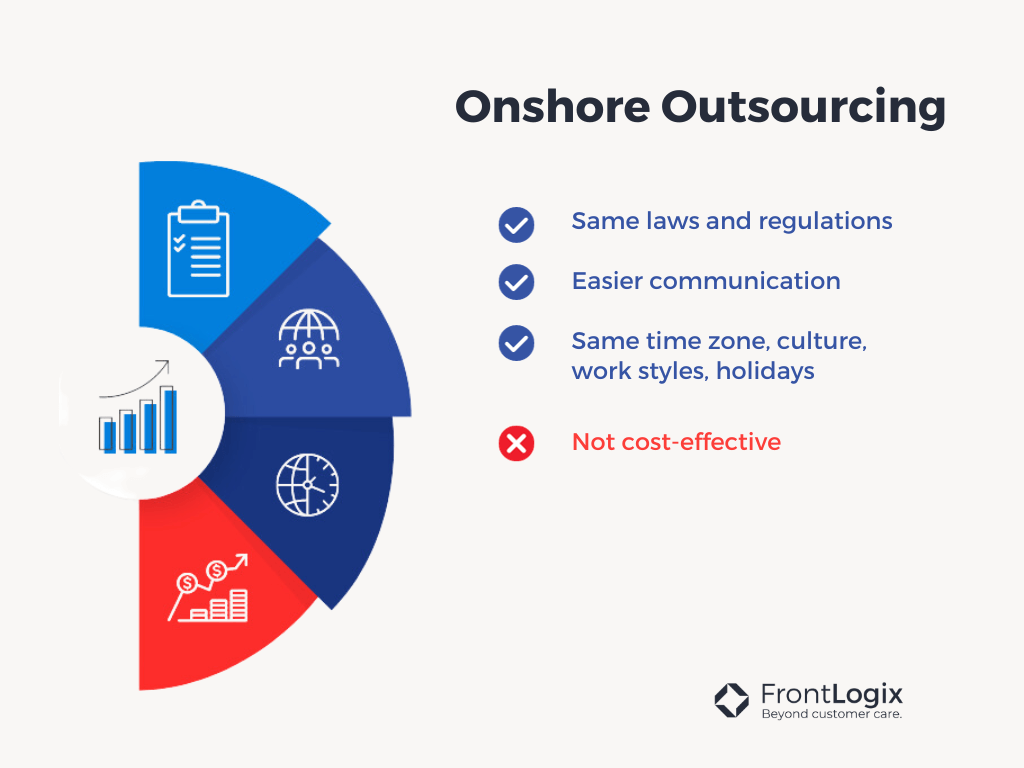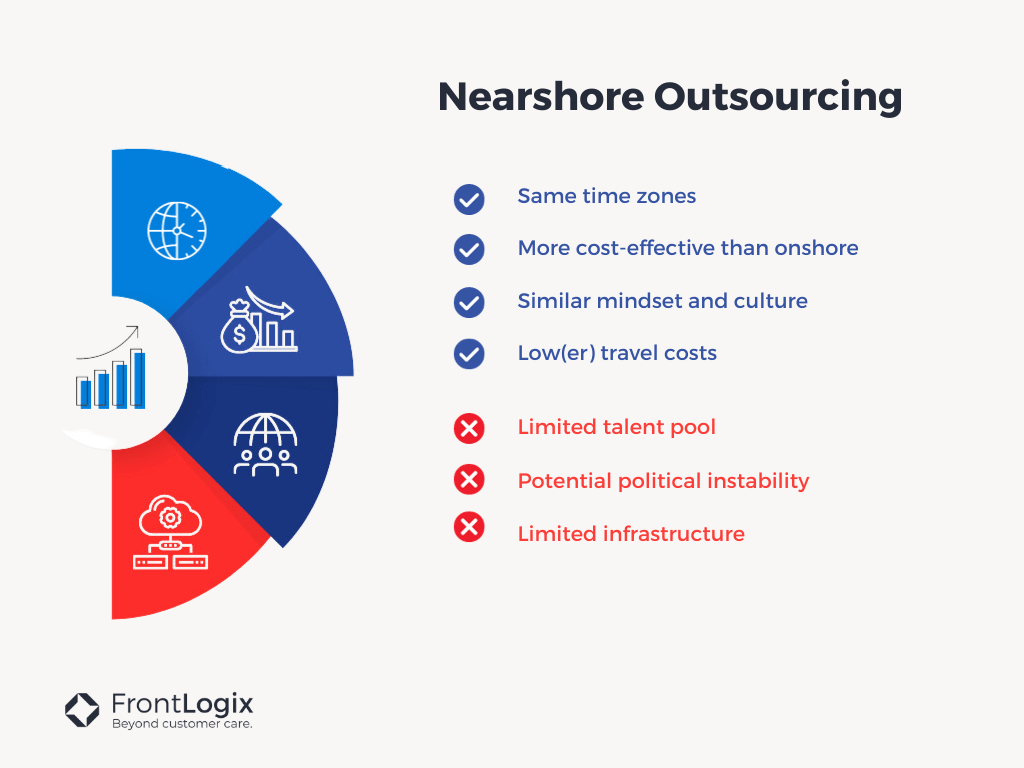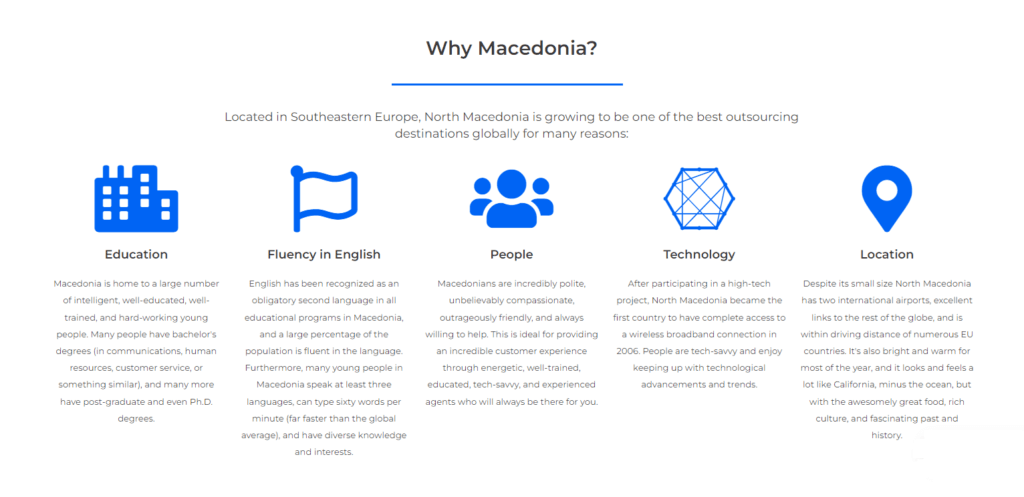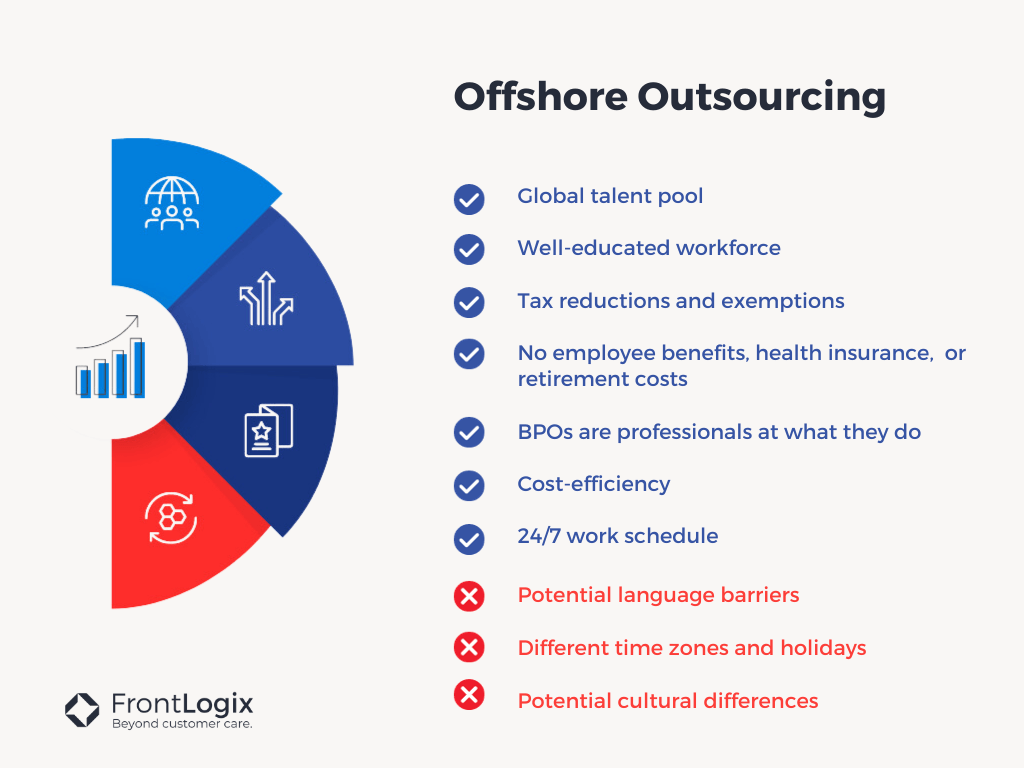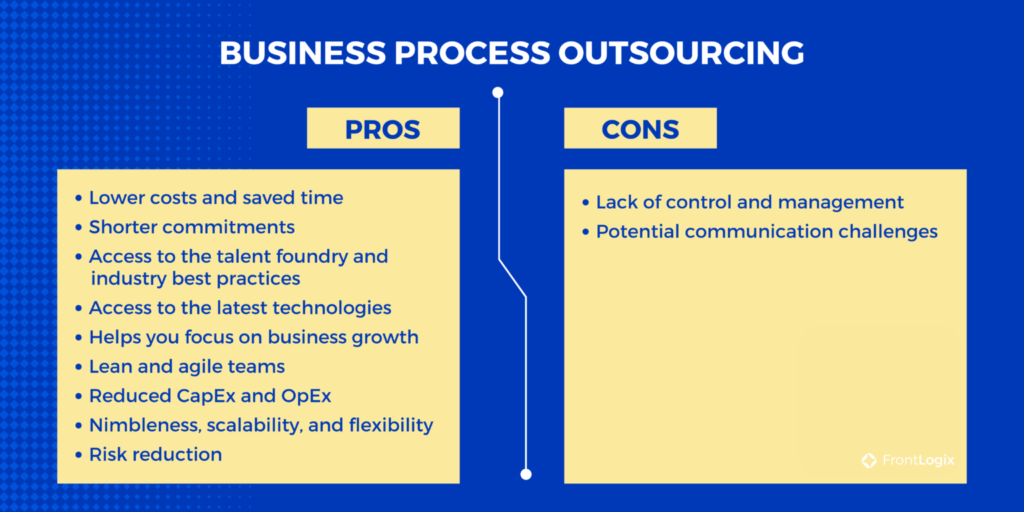AI versus Human Agents in Contact Centers: Who Does What Better?
AI versus Human Agents in Contact Centers has become a hot topic in recent years, sparking debates about the future of customer service and employee job security.
However, it’s important to understand that while AI brings efficiency and data management to the table, it falls short of delivering the kind of nuanced and empathetic interactions that come naturally to humans. This distinction is central to the ongoing debate surrounding AI versus Human Agents in Contact Centers.
In this blog post, we will delve into the distinct advantages of both AI and human agents in the context of contact centers. By exploring AI versus Human Agents in Contact Centers, we aim to showcase how the synergy between human empathy and AI’s precision can elevate customer service to new heights.
Tasks AI handles better in Contact Centers
1. AI-Powered Analytics
The true advantage of AI lies in its ability to quickly and accurately analyze large data sets. By examining an entire customer database, AI can review each customer’s interactions, behaviors, and preferences. This capability is a prime example of how AI versus Human Agents in Contact Centers showcases AI’s superiority in data-driven task.
Benefits:
- Data-driven decision making
- Quick analysis of large data sets
- Enhanced strategic planning
2. Predictive Analysis
AI analytics possess the capability to forecast future customer actions by examining previous interactions and data. This predictive capability highlights why AI versus Human Agents in Contact Centers often favors AI for proactive marketing campaigns. For instance, it can pinpoint customers who might be interested in upcoming products or services, allowing businesses to implement proactive and highly targeted marketing campaigns.
Benefits:
- Anticipation of customer needs and preferences.
- Improved customer satisfaction through personalized offers.
- Greater efficiency in marketing efforts.


INFOGRAPHIC:
The AI revolution in WFM: How AI is changing the Workforce Management
The future of WFM is intelligent, and it’s here to supercharge your success.

3. Automated Responses and Virtual Assistants
AI-driven chatbots and virtual assistants can handle routine inquiries and repetitive tasks efficiently. They provide instant responses, reducing wait times and freeing up human agents to focus on more complex issues. These virtual assistants can also operate 24/7, ensuring continuous support. The comparison between AI versus Human Agents in Contact Centers clearly demonstrates AI’s edge in automation.
Benefits:
- Reduced response times.
- 24/7 availability.
- Consistent and accurate responses to common queries.
4. Speech and Text Recognition
AI’s ability to recognize and process natural language is a game-changer for contact centers. Speech and text recognition technologies enable real-time transcription of calls, sentiment analysis, and automated tagging and categorization of interactions. This capability enhances the accuracy and speed of information retrieval. In the debate of AI versus Human Agents in Contact Centers, this technology showcases AI’s precision.
Benefits:
- Real-time call transcription.
- Automated sentiment analysis.
- Improved data categorization and tagging.

5. Fraud Detection and Security
AI excels at detecting fraudulent activities by analyzing patterns and anomalies in customer interactions, making it indispensable when discussing AI versus Human Agents in Contact Centers. They can flag suspicious behavior in real-time, helping to prevent fraud and enhance security measures in contact centers.
Benefits:
- Real-time fraud detection.
- Enhanced security protocols.
- Reduced risk of fraudulent activities.
Tasks humans handle better in Contact Centers
1. Complex Problem Solving
Humans excel at handling unique or multifaceted issues that require critical thinking and creativity—an area where AI versus Human Agents in Contact Centers often favors human expertise. When customers face unique or multifaceted issues, human agents can use their judgment, creativity, and experience to find effective solutions.
Benefits:
- Personalized problem resolution.
- Flexibility in handling unique cases.
- Enhanced customer satisfaction through tailored solutions.
2. Emotional Intelligence and Empathy
Human agents bring emotional intelligence to interactions, building rapport and trust with customers—a key differentiator when comparing AI versus Human Agents in Contact Centers. Customers often prefer speaking with empathetic agents who can understand their feelings and provide compassionate support.
Benefits:
- Improved customer relationships.
- Increased customer loyalty and trust.
- Better handling of emotionally charged situations.

3. Negotiation and Persuasion
Negotiation and persuasion are skills that require a deep understanding of human psychology and behavior. Human agents can effectively negotiate with customers, offer personalized incentives, and persuade them to take desired actions, such as renewing a service or upgrading a plan.
Benefits:
- Effective conflict resolution.
- Increased sales and retention rates.
- Personalized customer incentives.
4. Adaptability and Flexibility
Humans can adapt to unexpected situations and handle tasks that require flexibility and quick thinking. When a situation deviates from the norm, human agents can adjust their approach and find creative solutions, something AI systems may struggle with due to their reliance on predefined rules and algorithms.
Benefits:
- Handling of unpredictable scenarios.
- Quick adjustment to new information.
- Innovative problem-solving approaches.
5. Building Long-term Relationships
Human agents excel in building and maintaining long-term relationships with customers. They can engage in meaningful conversations, understand customer needs over time, and provide a personalized experience that fosters loyalty and trust.
Benefits:
- Stronger customer loyalty.
- Enhanced brand reputation.
- Long-term customer engagement.

Found this useful?
Subscribe to our newsletter and get CX and WFM news delivered to your inbox.
Don’t worry, we won’t flood your inbox – just one insightful email a month!
Conclusion
In the dynamic environment of contact centers, both AI and humans play vital roles. AI enhances efficiency, accuracy, and speed in handling data-driven and repetitive tasks, while humans bring emotional intelligence, complex problem-solving, and adaptability to the table. By leveraging the strengths of both – AI verus human agents in contact centers can deliver superior customer service, improve operational efficiency, and build lasting customer relationships.
At FrontLogix, we harness the power of AI to redefine customer service, making interactions more efficient, personalized, and satisfying. Our innovative solutions ensure that every customer experience is seamless and engaging, from intelligent call routing to real-time support and insightful data analysis. Discover how our AI-enabled customer service can elevate your customer service to new heights and transform your business.



















